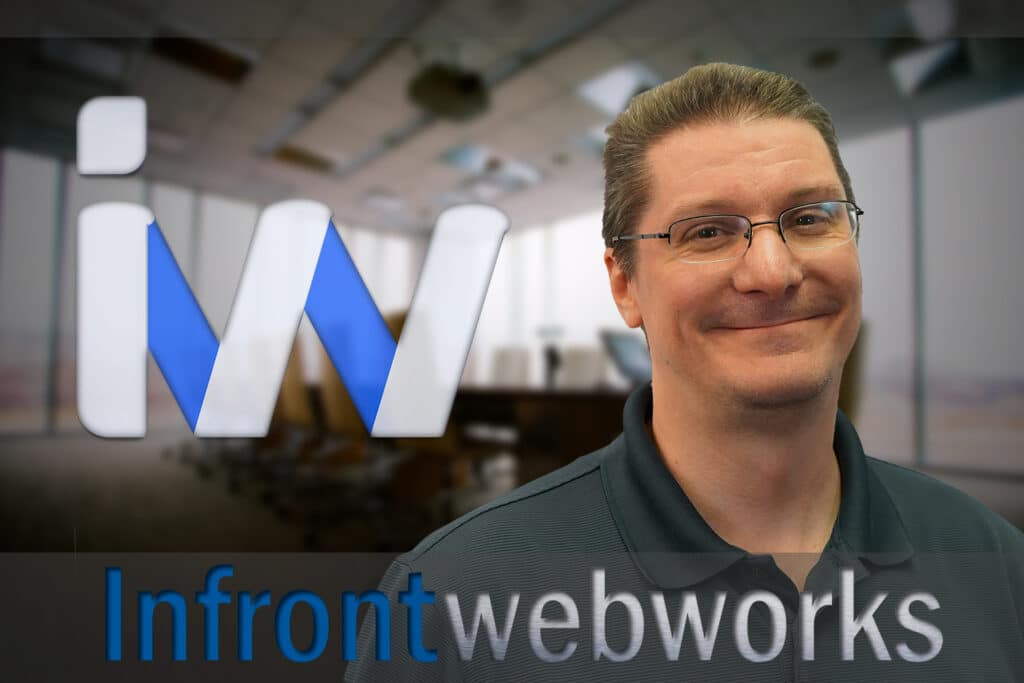Google confirmed in the past that it handles more than 2 trillion searches every year. Sources estimate that users perform 70,509 searches on Google every second. These numbers are impressive because we’re only talking about one search engine. That’s why it is important to improve your business SEO.
Consider the potential traffic if your site ranks high on other search engines as well. But, how can your website land at the top of those search engine result pages(SERPs)?
The answer is using the right business SEO. Have you optimized your website? Maybe you have made your own SEO tweaks but, haven’t gotten the results you want.
Boosting your business online presence and search engine ranking requires time and patience. It might be challenging at first but, not impossible. Optimizing your site requires an all-around approach.
Want to learn how to boost your site ranking and visibility today? Don’t worry. We’ve got you covered.
Here are 5 must-know SEO tips for small businesses.
1. Identify Your Audience and Understand Their Needs

Most business owners think that trying to bring in any customer is the best approach. But, that is one of the biggest mistakes you can make. You created your business to fill a void in that industry.
Who do you want to help? What are their needs? How can you improve their every day?
Once you identify your audience, you must define how you will grab their attention. Do they get most of their content through social media?
What type of content do they prefer? Your audience will be your guide to design your SEO plan. If you don’t take them into account, you won’t be able to boost your online presence and get the best results.
2. Start a Blog
If your website doesn’t have a blog, you should get on it as soon as possible. Most business owners underestimate the power of a blog or deem it impractical.
A blog is one of the most powerful tools for any type of business. Yes, you read that right. It doesn’t matter if you are Joe the 24/7 Plumber or Janet the Financial Planner aka the Next Suze Orman. Either way, your business site should have a blog.
Your blog will help you rank for your target search terms. It’s important to share relevant high-quality content on your blog. Write about topics your audience is interested in.
An example is how Janet can share tips on how to prepare for retirement. This blog post will provide value to her audience. Aim to share evergreen content that stays relevant for a long time.
If you decide to blog, it’s essential to share content regularly. Not only for SEO purposes but, for your audience.
It will give them a reason to visit your website. Also, it will show them that you care about their issues.
3. Harness the Power of SEO for Social Media
Search engine optimization isn’t only for your website. Today, social media is a huge player in your online visibility. Does your audience spend most of their time on a certain social media platform?

If so, you must open a business page on that platform. It’s recommended for businesses to have pages on several social media platforms. Social media pages are one of the best and easiest ways to expand your audience reach.
Now you may be asking yourself but, how can you optimize your social media? It is easier than you may think.
Make sure you complete your about and information sections on all your social media pages. The information must describe your business and services. It’s essential to use terms your audience will use in their searches to optimize your social media.
Simple social media SEO tweaks such as including your business address, phone, email, and website on your page can do wonders for your SERP ranking. Also, it’s important to share content and updates. It’s recommended to use your business name and
relevant target keywords in your social media posts to boost your online presence.
4. Optimize Your Website Load Speed

Today, consumers want everything as soon as possible. Website loading isn’t an exception to this rule. Page loading speed is one of the most important factors used by search engine algorithms to rank your website.
At the end of the day, your website may look great and all but, is it fast enough? It’s recommended to use tools such as Google PageSpeed Insights to
find out if your website meets search engine speed standards.
Don’t fret if you get the bad news that your website isn’t fast enough. Make some tweaks such as deactivating uninstalling plugins if your page runs on WordPress or consider consulting with an SEO expert.
Also, you should keep in mind your mobile website load speed. Search engines such as Google are prioritizing mobile over desktop. The number of mobile searches is on the rise and you must cover all your bases to boost your SERP ranking.
5. Set up and Optimize Your URL Structure
If your website runs on WordPress, your URL structure might be set to include the name and date of your content. Your URLs should be readable to your visitors and search engines. You should consider optimizing your URL structure by using only your content
name.
An ideal URL contains 2 to 4 words. Stay away from using numbers, underscores and capital letters in your URLs. You should aim to make your URLs reader and search engine friendly.
Should You Care About Business SEO?
Yes, you should care about business SEO. Organic searches are one of the largest sources of website traffic.
Not only that but, optimizing your website builds credibility and trust for your business.
SEO will improve your visitor experience, therefore, improving your SERP ranking. Their positive experience can turn into more word of mouth recommendations and positive reviews to bring in more customers.
Also, using an all-around search engine optimization plan can help you bring more local customers and conversions. You might not notice a difference right away but, your results will be long-lasting.
Not sure what tools can help you optimize your website? Check out our blog post all about the tools that
can boost your site to the top of SERPs.

Allan Todd is CEO of Pagecafe Digital Marketing. In 2022, Allan teamed up with Infront Webworks to provide digital marketing, website design, content marketing, SEO and strategy and solutions to local businesses. Allan lives in Colorado Springs.



